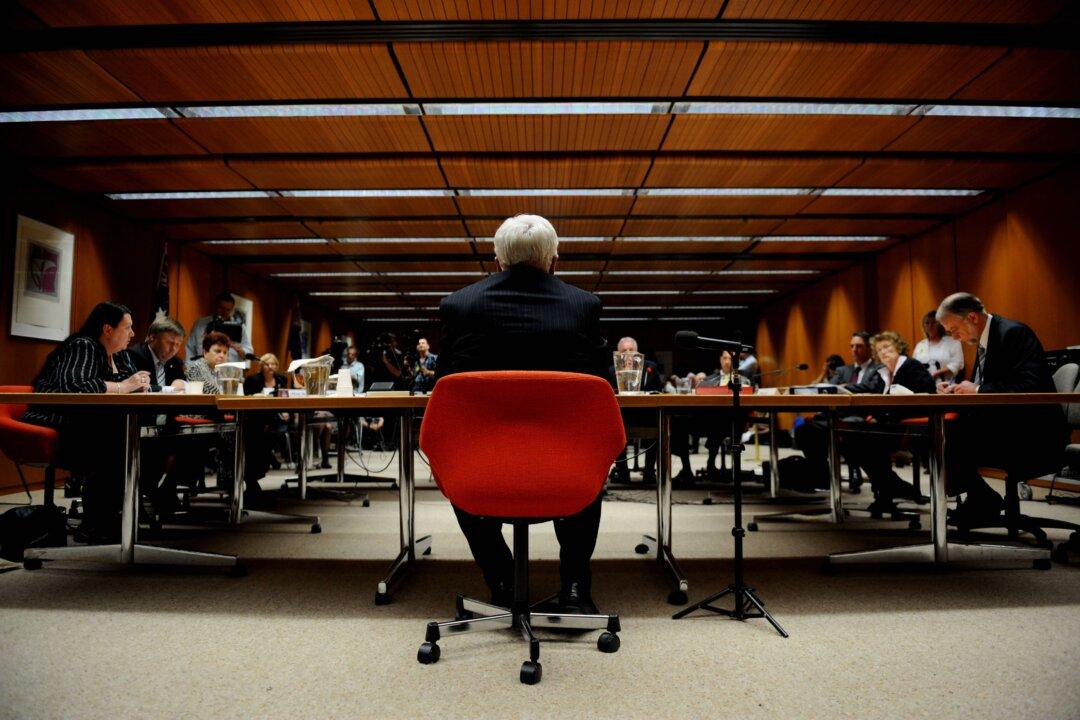The New South Wales corruption watchdog has declared secret meetings or exchanges between lobbyists and government officials should be prohibited.
The Operation Eclipse report released on June 22 by the NSW Independent Commission Against Corruption (ICAC) found that reform of the current Lobbying of Government Officials Act (LOGO Act) or new legislation is needed to protect the public interest against the risks of corruption and undue influence.





